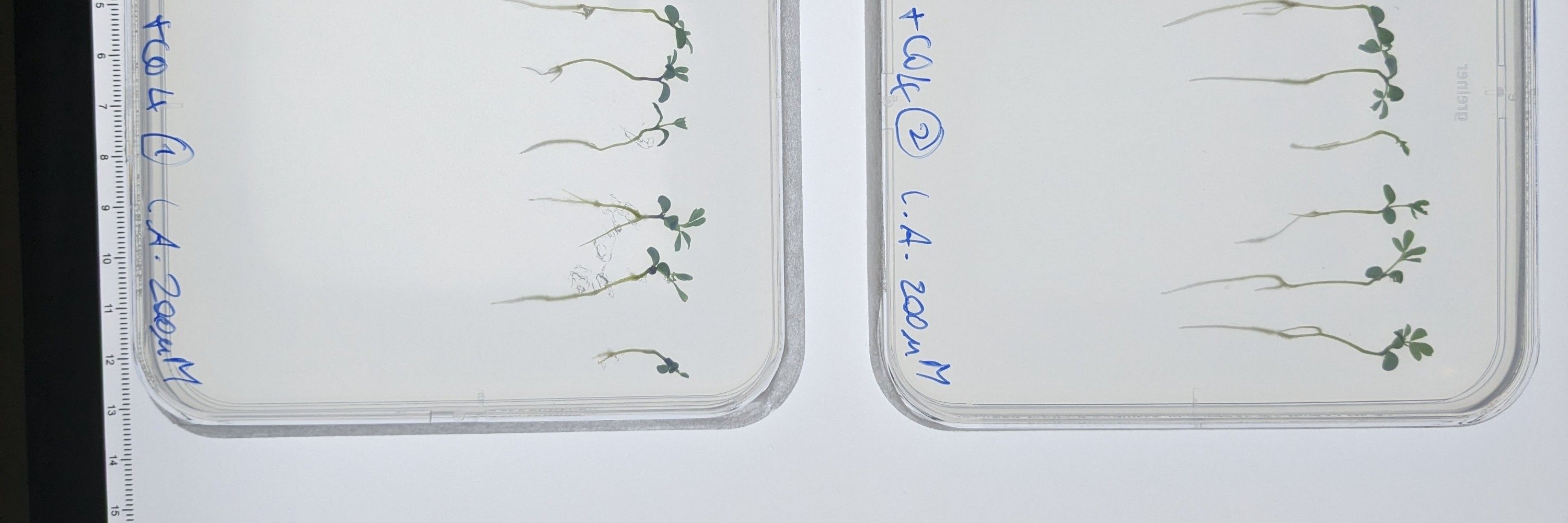
#PMS2025

#PMS2025
Congrats to all, esp. @bijuntang.bsky.social and @xanderjones.bsky.social ! Super happy to be a part of this great story!


Congrats to all, esp. @bijuntang.bsky.social and @xanderjones.bsky.social ! Super happy to be a part of this great story!
We show that a symbiotic clade IV MLO (LjMLO4) regulates root development and responses to endogenous RALF34 via calcium signalling in Lotus japonicus
www.biorxiv.org.

amzn.eu/d/bBjv73s
amzn.eu/d/bBjv73s
So far, participants from 32 countries have registered for #PMS2025
This is your chance to connect, share ideas, and network with a international community of #plantmicrobiome scientists.
📅 Join now @ 6thplantmicrobiomesymposium2025.com
#MicrobiomeResearch

So far, participants from 32 countries have registered for #PMS2025
This is your chance to connect, share ideas, and network with a international community of #plantmicrobiome scientists.
📅 Join now @ 6thplantmicrobiomesymposium2025.com
#MicrobiomeResearch
www.biorxiv.org/content/10.1...

www.biorxiv.org/content/10.1...


botany.one/2025/09/ceci...
#Botany #PlantScience 🧪

botany.one/2025/09/ceci...
#Botany #PlantScience 🧪
Publishing your poster creates a citable record and protects you from bad actors.
#ISMPMI2025 #OpenMPMI #AcademicChatter #PhDchat
medium.com/p/why-im-ski...

Publishing your poster creates a citable record and protects you from bad actors.
#ISMPMI2025 #OpenMPMI #AcademicChatter #PhDchat
medium.com/p/why-im-ski...
New preprint out!
We reveal that ERAD, a protein degradation pathway, selectively targets intracellular PILS auxin transport facilitators to control growth.
This expands ERAD's role beyond protein quality control, right into developmental regulation.
www.biorxiv.org/content/10.1...
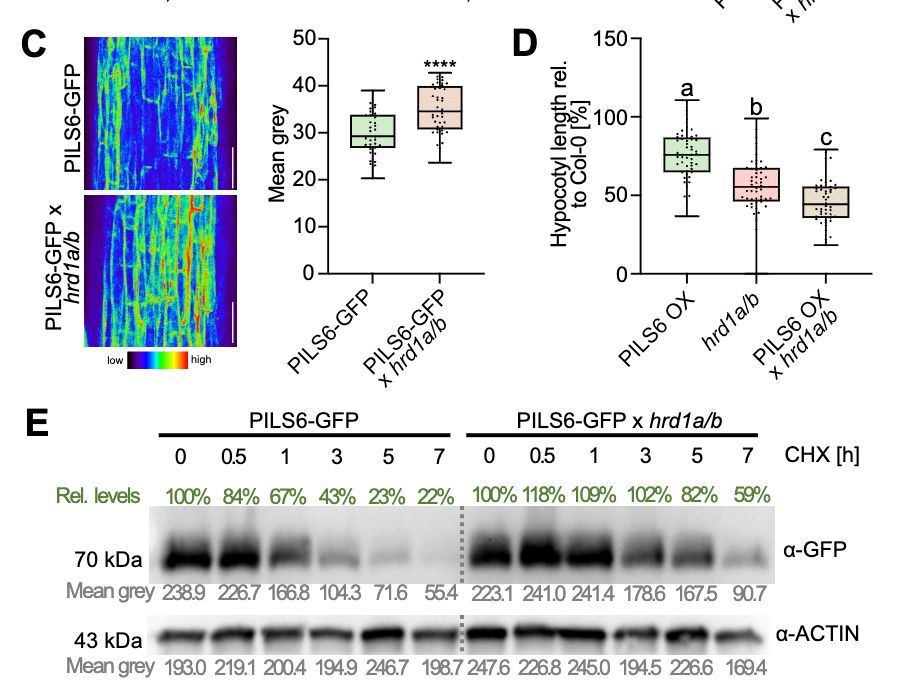
New preprint out!
We reveal that ERAD, a protein degradation pathway, selectively targets intracellular PILS auxin transport facilitators to control growth.
This expands ERAD's role beyond protein quality control, right into developmental regulation.
www.biorxiv.org/content/10.1...


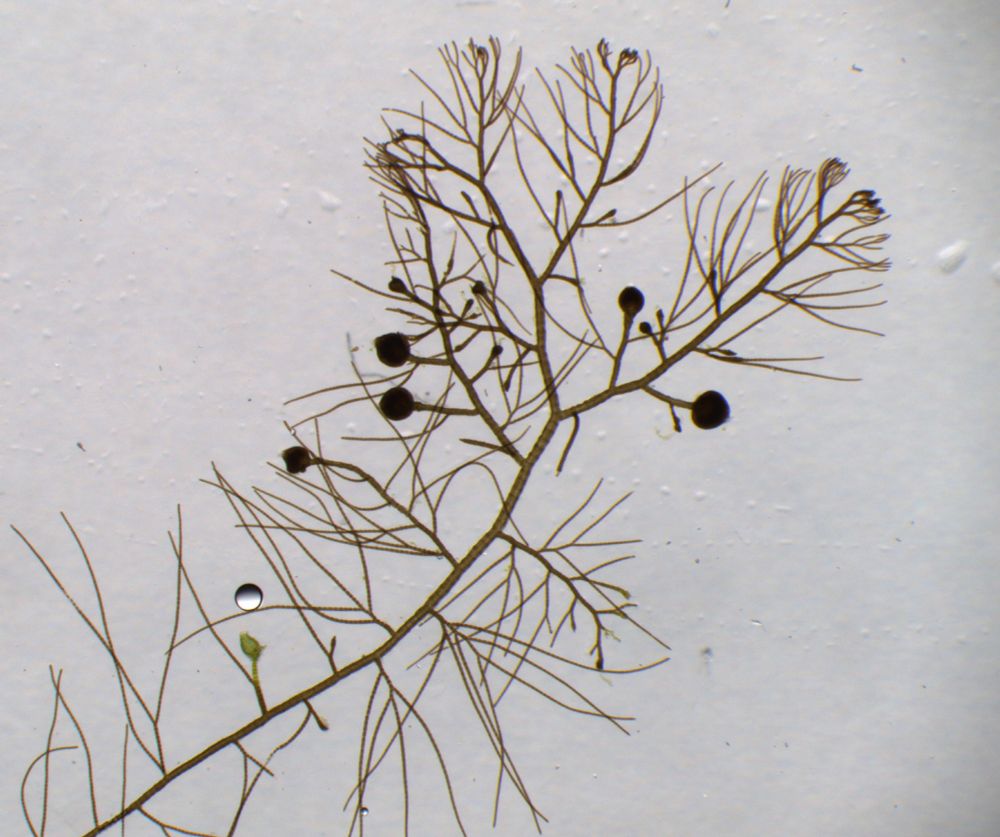
Gag proteins of endogenous retroviruses are required for zebrafish development
www.pnas.org/doi/10.1073/...
Led heroically by Sylvia Chang & @jonowells.bsky.social
A study which has changed the way I think of #transposons! No less! 🧵 1/n
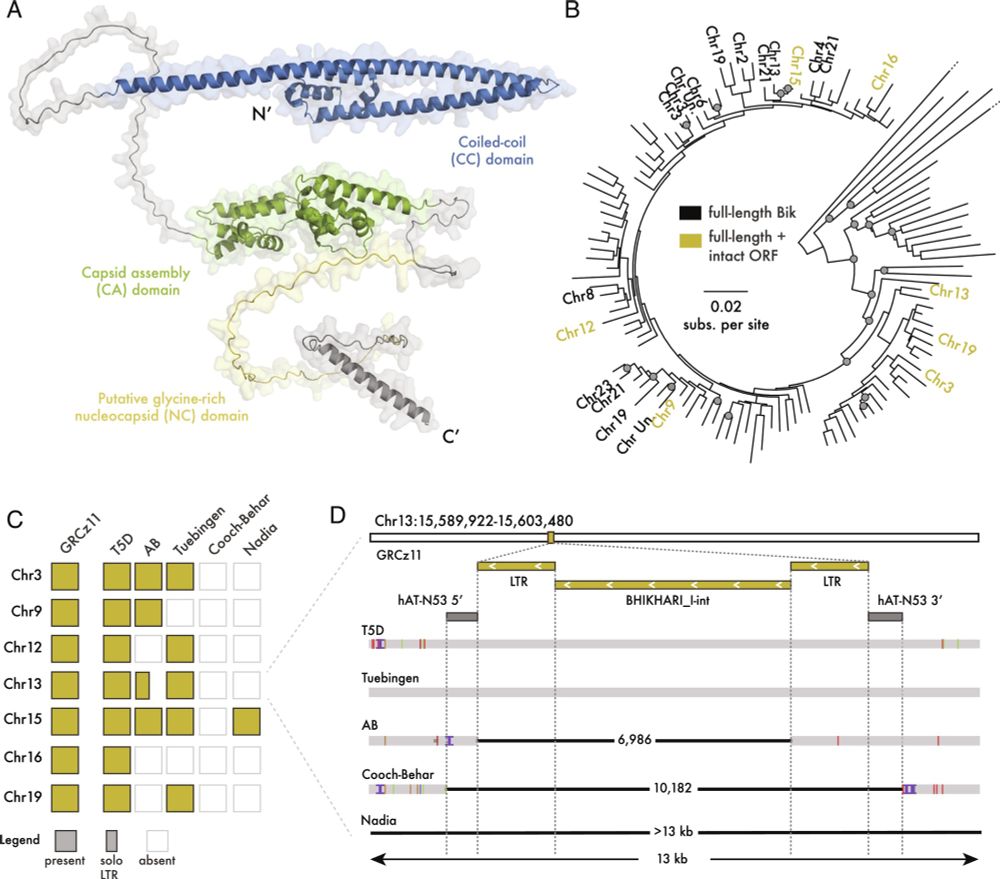
Gag proteins of endogenous retroviruses are required for zebrafish development
www.pnas.org/doi/10.1073/...
Led heroically by Sylvia Chang & @jonowells.bsky.social
A study which has changed the way I think of #transposons! No less! 🧵 1/n
Commentary www.science.org/doi/10.1126/...

Commentary www.science.org/doi/10.1126/...
@magiovan.bsky.social
nph.onlinelibrary.wiley.com/doi/10.1111/...

nph.onlinelibrary.wiley.com/doi/10.1111/...
nph.onlinelibrary.wiley.com/doi/10.1111/...
1/4
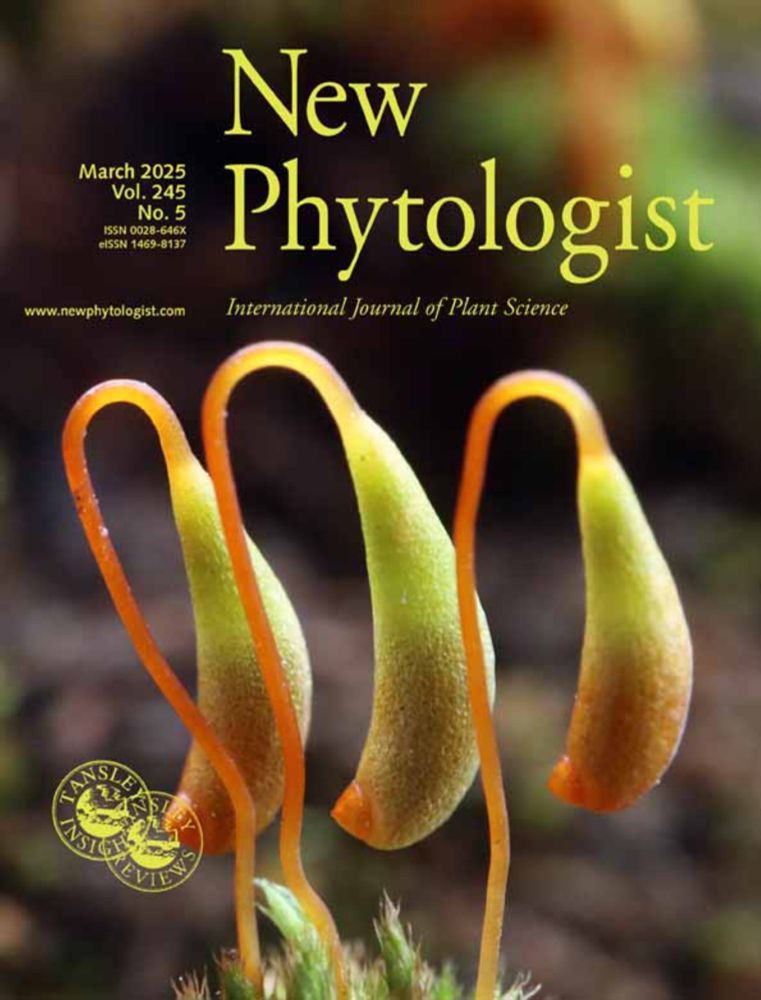
nph.onlinelibrary.wiley.com/doi/10.1111/...
1/4
Given its nature, our future funding is uncertain.
Please give us a boost by sharing this announcement and joining us for the event, we'd love to have a big turnout. Thanks! 💚 #PlantSci
Join us for a panel discussion on "Perspectives from Black Professionals in the Plant Sciences" featuring Dr. Margaret Young, Dr. Stephon Fitzpatrick, & Dr. Jason B. Thomas.
rootandshoot.org/root-shoot-w...
Open to all, come be a part of it!
#BlackHistoryMonth
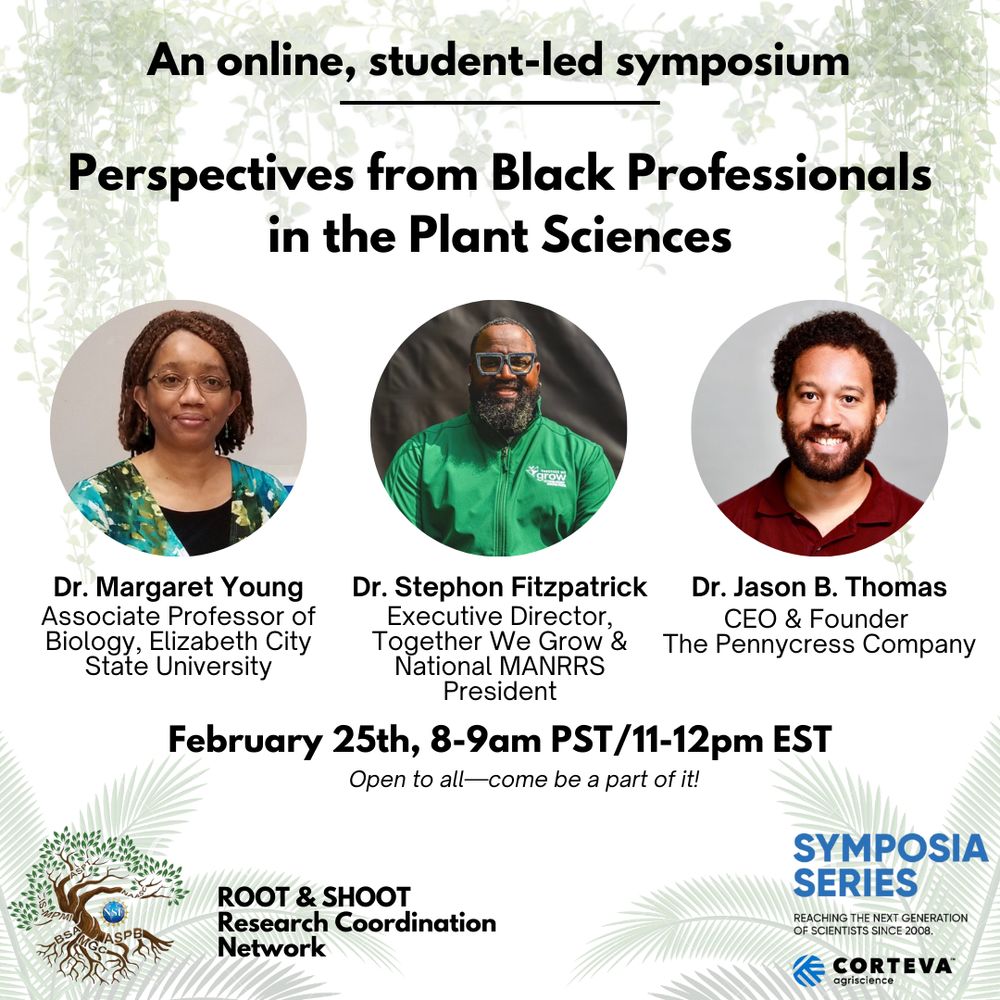
Given its nature, our future funding is uncertain.
Please give us a boost by sharing this announcement and joining us for the event, we'd love to have a big turnout. Thanks! 💚 #PlantSci
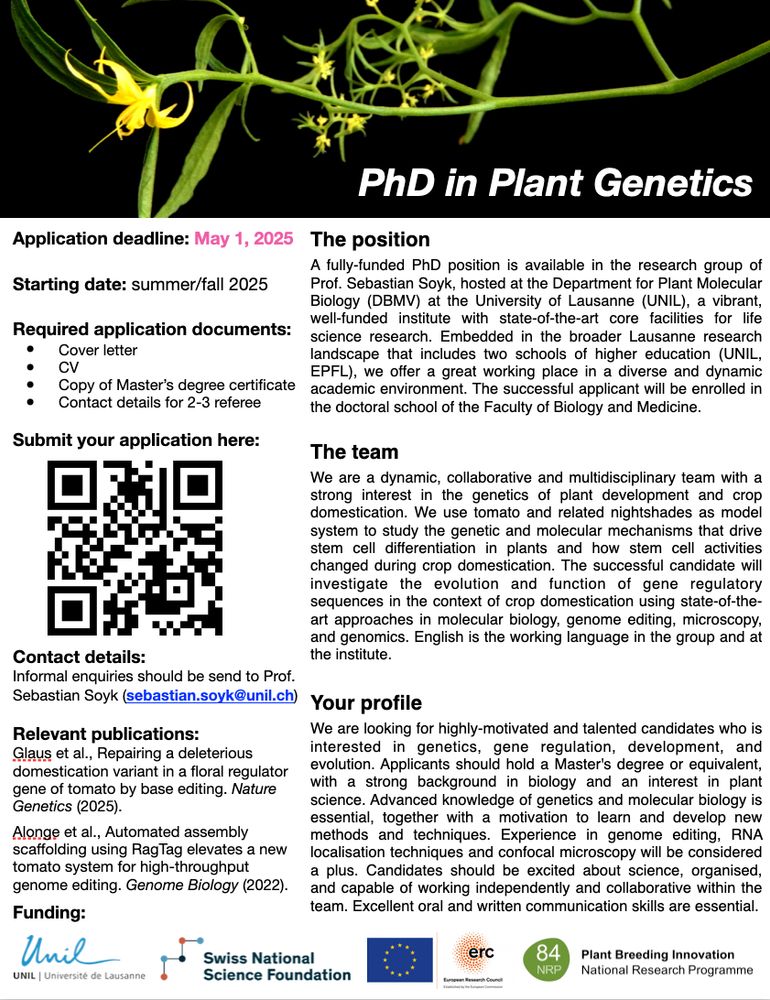
www.nature.com/articles/s41...

www.nature.com/articles/s41...


